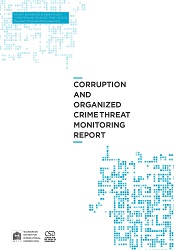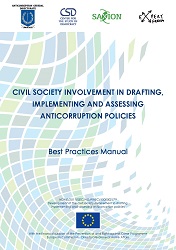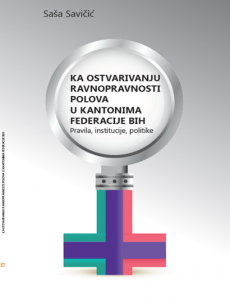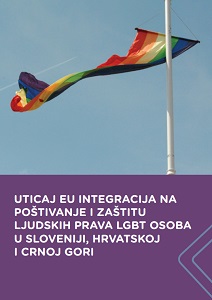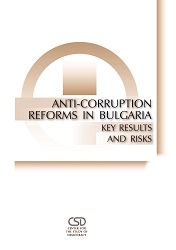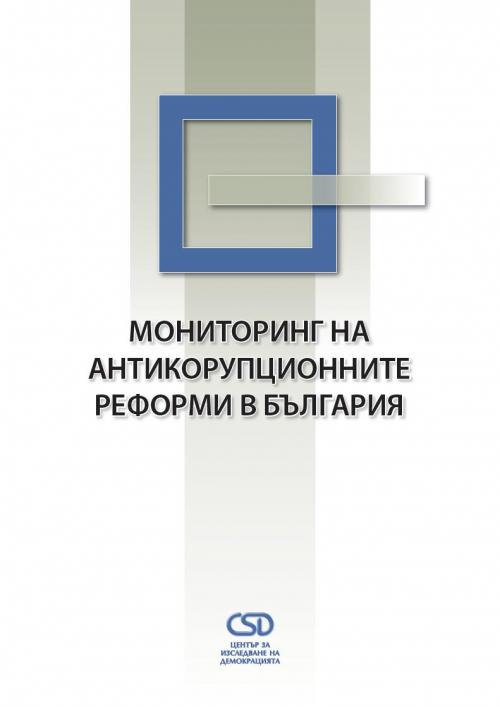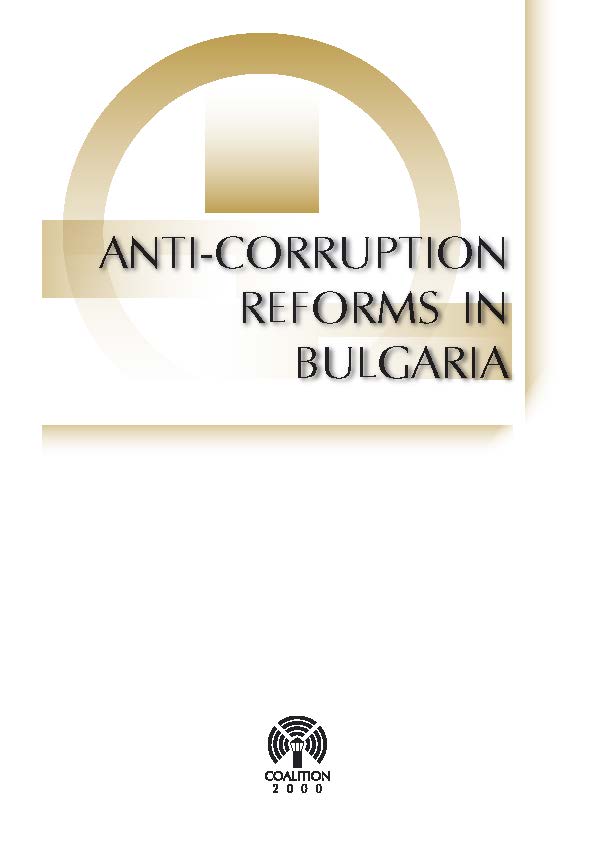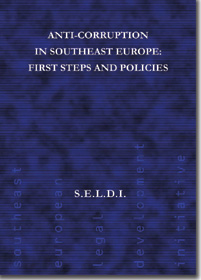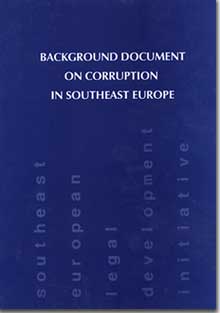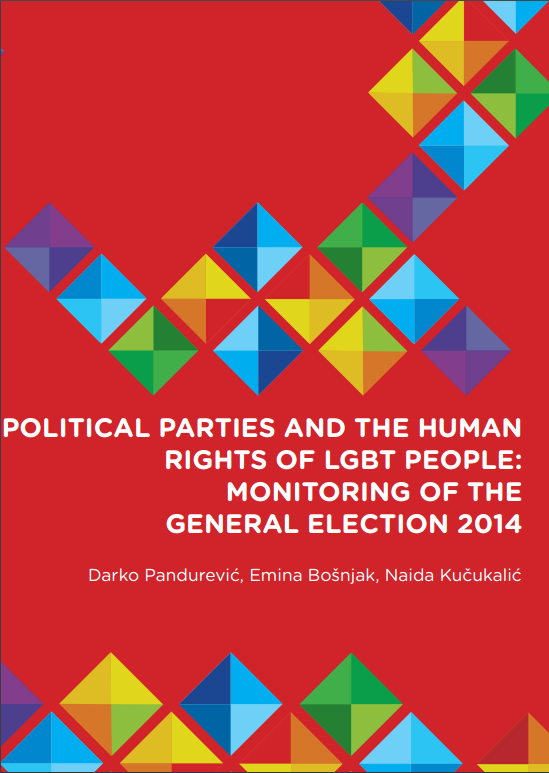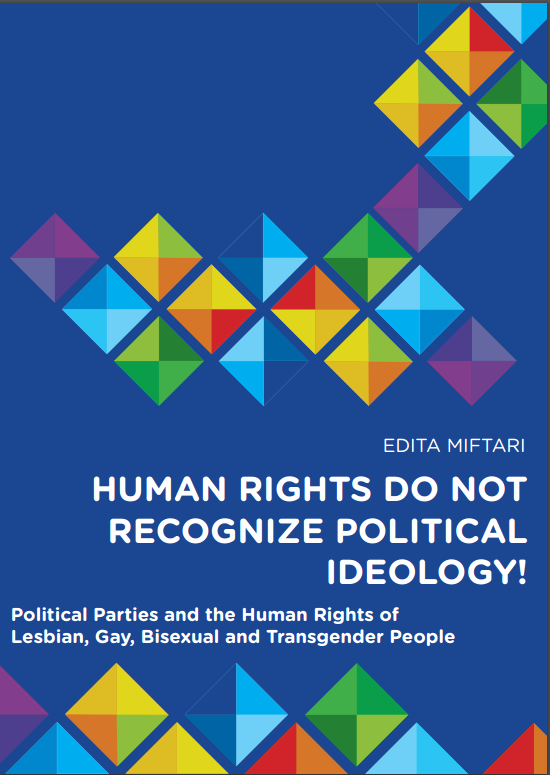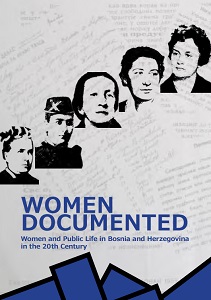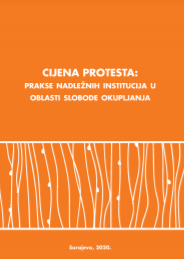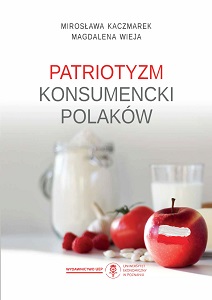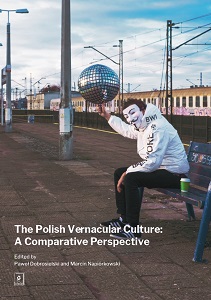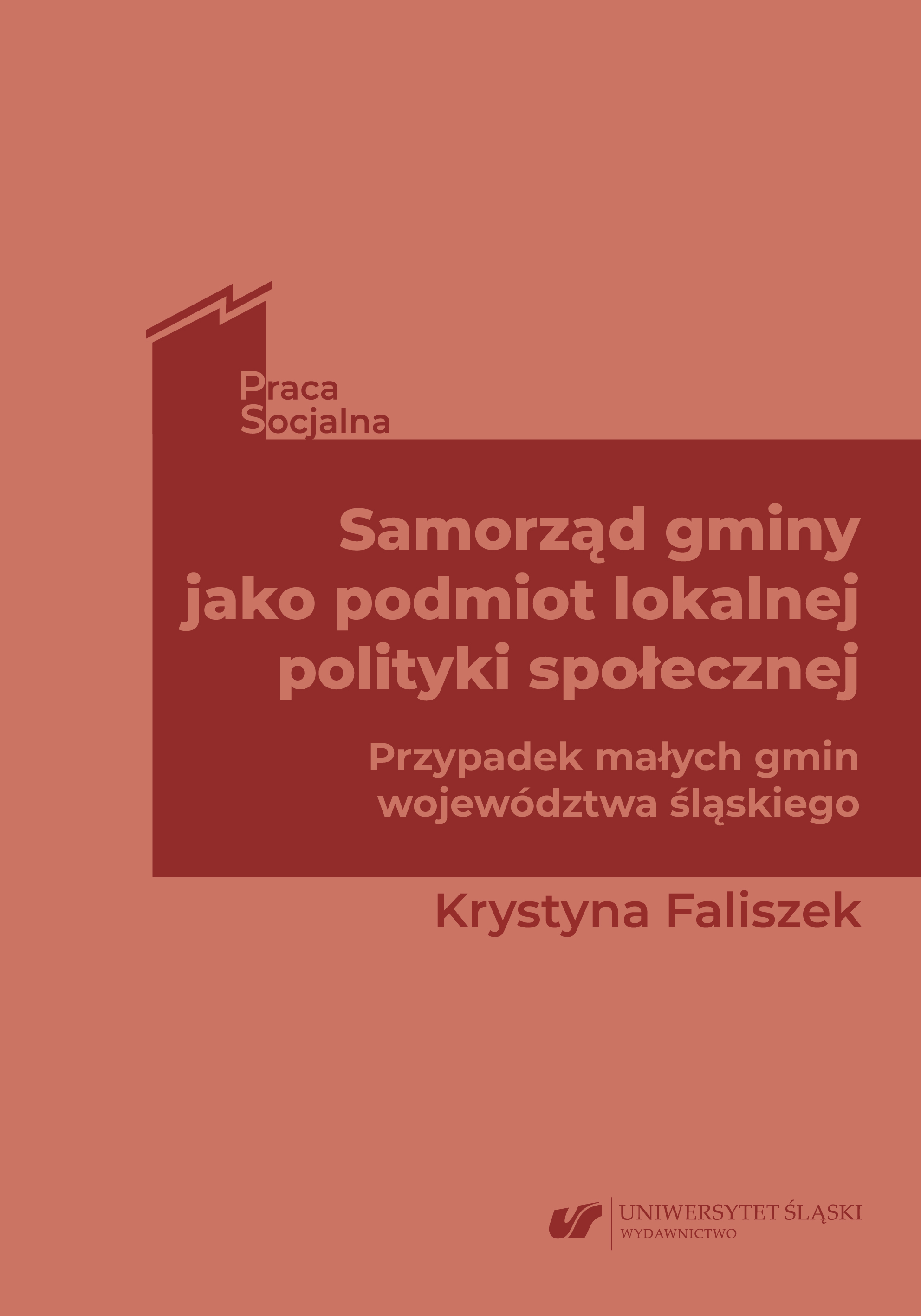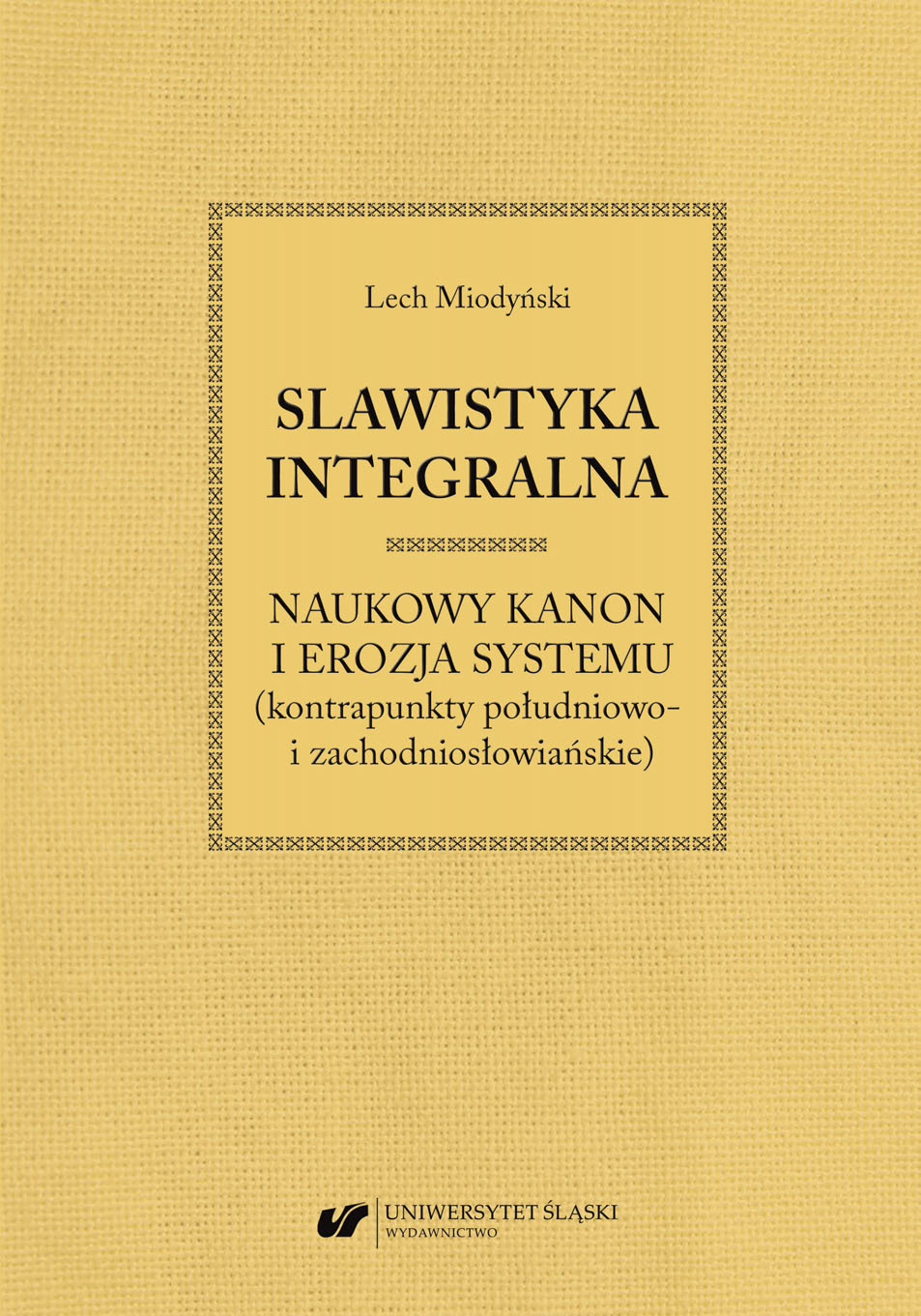Author(s): / Language(s): Bosnian
Glavni rezultati istraživanja ukazuju da LGBT osobe još uvijek predstavljaju nedovoljno vidljivu kategoriju kada je o načinima policijskog djelovanja riječ. Iako se to jednim dijelom može tumačiti pozitivno – tako nam je jedna osoba, zaposlenik_ca, izjavila da nikad nisu imali problema sa ovom populacijom – glavni uzrok ove nevidljivosti nije u navedenoj neproblematičnosti već u malom broju outovanih LGBT osoba, nedovoljnoj senzibiliranosti zaposlenika_ca prema specifičnim problemima i potrebama ove grupe, stalnom strahu kojem je ova populacija izložena usljed čega, nerijetko, izbjegava da se obrati policiji za pomoć u slučaju nužde. Takođe, mali broj slučajeva procesuiranih na sudovima koji uz to nisu bili riješeni pozitivno i podsticajno po LGBT populaciju, demotiviše ih da se policiji obrate za pomoć. Iz tih razloga čiji je ključ nevidljivost, veliki broj intervjuisanih zaposlenika_ca navodi da je položaj ove grupe ili ravnopravan u društvu ili da je oni_e tretiraju ravnopravno. Ovo posljednje može značiti grešku u zaključivanju pars pro toto. Posljedica je to nedovoljnog poznavanja same tematike, malog broja registrovanih napada i nasilja, ali i nerazlučivanja između stvarnog stanja u društvu i percepcije tog stanja. No, zaposlenici_e koji su odgovarali da je položaj ove grupe neravnopravan, ovu neravnopravnost dovodili su u vezu sa generalijama kao što su opšte i nepovoljno stanje u društvu, patrijarhalna svijest, balkanski mentalitet kao i situacijom u drugim sektorima, a izuzetno rijetko su to stavljali u kontekst svog (ne)dovoljnog angažmana i načina tretiranja ove populacije. Kroz faktički sve intervjue sa zaposlenicima_ama je provejavao stav da se oni_e rukovode etikom dužnosti i profesionalnosti, što su ilustrovali sankcijama koje su neki zaposlenici_e trpjeli poslije nasilja na Queer Sarajevo Festivalu. Uprkos tome su, kada je o javnim okupljanjima ove populacije riječ, nerijetko napuštali diskurs ljudskih prava i svoje profesionalne dužnosti. Najčešće su izražavali skepticizam, čak i u slučajevima kada su isticali da svako ima pravo na slobodno okupljanje, pravdajući to svojevrsnim pragmatizmom – visok stepen rizika, mogućnost eskalacije nasilja, bespotrebna ugroženost policije na terenu i sl. Iako rjeđe, mogli su se čuti i kategorički stavovi da takva okupljanja jednostavno treba zabraniti. Iako je velika većina ispitanika_ca izjavljivala da su LGBT osobe građani_ke kao i svi drugi, u jednom navratu se čuo izrazito homofoban stav da su to bolesni ljudi, odnosno u drugom slučaju, u nešto blažem obliku, da su agresivni. Navodna agresivnost je posljedica prisutnih ste , da su agresivni. Navodna agresivnost je posljedica prisutnih stereotipija da LGBT osobe traže posebna prava i da teže da nametnu svoje stavove odnosno orijentaciju “normalnom“ dijelu populacije. Posebno značajan segment koji se tiče LGBT osoba u kontekstu istraživanog sektora je coming out. Naime, dok je većina ispitanika_ca tvrdila da svako ima pravo da radi šta hoće unutar četiri zida, a nezanemarljiv dio da je outovanje stvar svakog pojedinca_ke, iz ovakvih odgovara se ne vide društveno-političke implikacije koje outovanje ima. Jer, kako biti out u društvu u kome je biti LGBT praćeno stalnim strahom od stvarnih odnosno potencijalnih napada i prijetnji? Kao što je duhovito primijetio slovenački istraživač Roman Kuhar, kao da se čitav život može provesti unutar četiri zida!? Takođe je značajno da su zaposlenici_e prepoznali značaj doedukacije i dalje senzibilizacije i doprinos civilnog društva u ovom segmentu. Međutim, ostaje upitno koliko je ovo izrečeno više deklarativno budući da je velika većina navela da ne poznaje nijedno udruženje koje se bavi ovom tematikom.
More...
